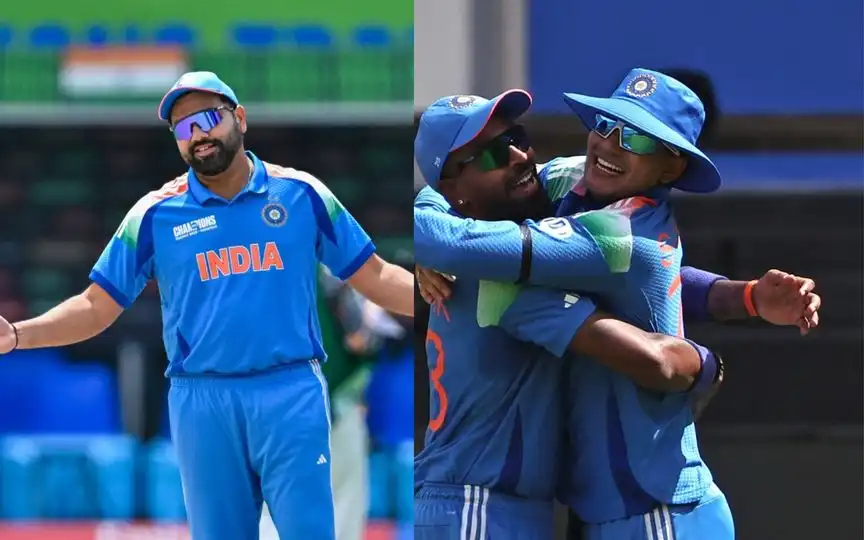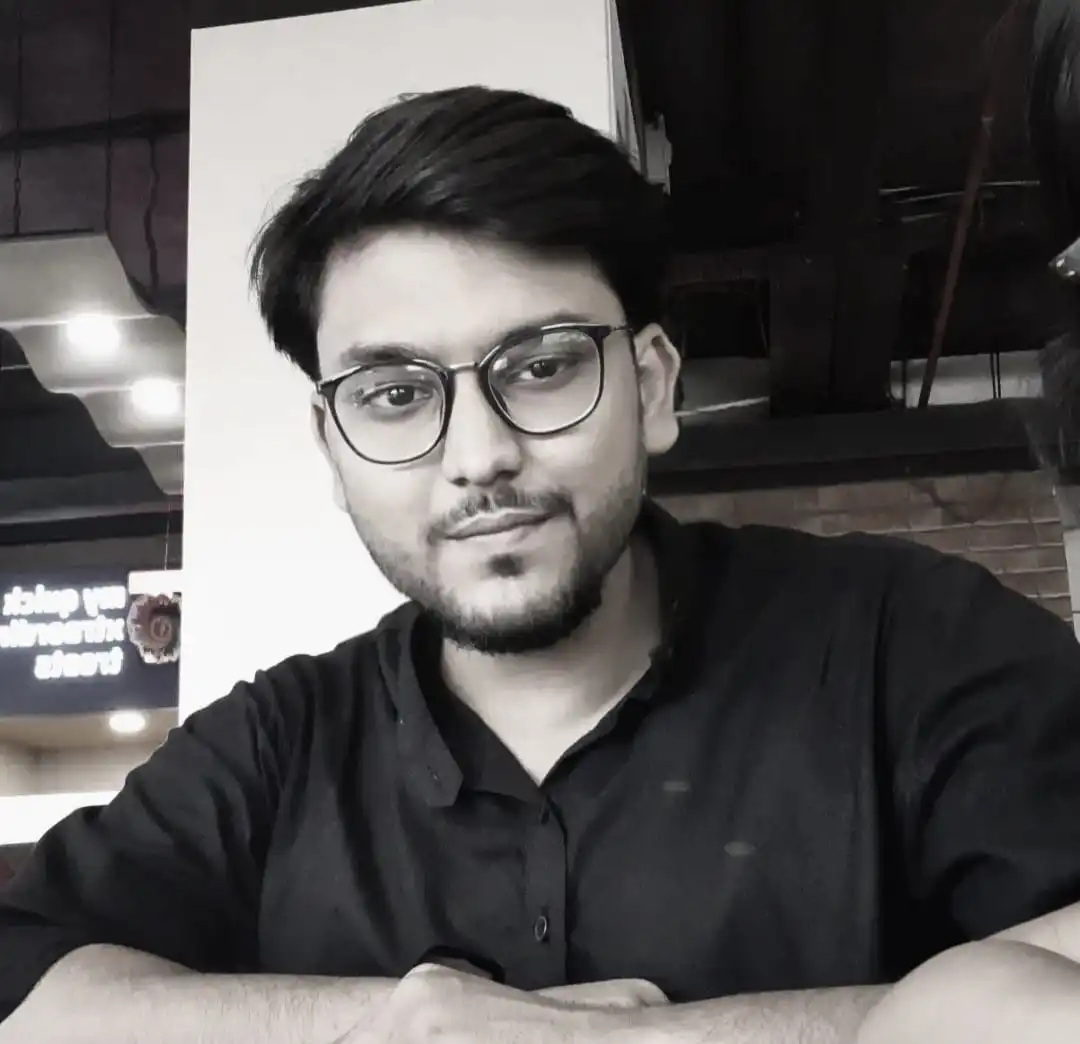![The run-out between Irfan Pathan and MS Dhoni [Source: @shokin_alam/X.com]](https://onecricketnews.akamaized.net/parth-editor/oc-dashboard/news-images-prod/1756878925602_MSD_Pathan.jpg?type=hq) The run-out between Irfan Pathan and MS Dhoni [Source: @shokin_alam/X.com]
The run-out between Irfan Pathan and MS Dhoni [Source: @shokin_alam/X.com]
The cricketing world is abuzz once again as an old, veiled dig from Irfan Pathan at MS Dhoni has resurfaced, igniting a fresh fire in one of Indian cricket's most debated relationships. The "hookah" comment, a not-so-subtle allusion to off-field bonding and favouritism, has thrust the supposed fiasco between the two icons back into the limelight.
While the recent upheaval of the controversial video takes the limelight, there is also a moment between the two veterans that culminated in a bitterly controversial run-out that perfectly encapsulated their strained dynamic.
How Did The Run-Out Take Place?
The infamous incident occurred during a forgettable 2016 IPL season for the Rising Pune Supergiants. The match against KKR was slipping away, and MS Dhoni, the revered captain known for his icy calm, was uncharacteristically struggling, crawling to 5 runs off 14 balls.
On the penultimate ball of the 14th over, Dhoni nudged a delivery straight into the hands of the backwards-point fielder Piyush Chawla. In a moment of mis-judgment, Dhoni charged down the pitch for an impossible single.
![The run-out which was caused by a miscommunication [Source: Screengrab]](https://onecricketnews.akamaized.net/parth-editor/oc-dashboard/news-images-prod/1756879050153_MSD_Pathan112.jpg?type=mq) The run-out which was caused by a miscommunication [Source: Screengrab]
The run-out which was caused by a miscommunication [Source: Screengrab]
At the other end stood Irfan Pathan, who had barely taken two steps before realising the sheer folly of the call. The ball was already in the fielder's hand, and there was no run. But Dhoni, now stranded halfway down the track, yelled ‘run’ in clear frustration. Cornered, Pathan had no choice but to sacrifice his own wicket to save his captain.
He turned back and was run out by a mile. His gracious act of self-sacrifice was met not with a nod of acknowledgement but with a sharp, disapproving glare from Dhoni as he walked off. The visual was damning, a player wronged by his skipper's error, then seemingly blamed for it.
Pathan's 'Hookah' Dig Is A Point To Ponder?
The 2016 run-out is its brutal, physical metaphor. Here was Pathan, focused on his performance and trying to build an innings, and there was MS Dhoni, whose call—fair or not—was final. The incident laid bare a power dynamic where a player's fate seemed tied not just to his performance but to his alignment with the captain's circle.
The resurfaced "hookah" controversy gives this old dismissal a new, darker shade, transforming a simple miscommunication into a lasting, fractured relationship that continues to fascinate and divide cricket fans.

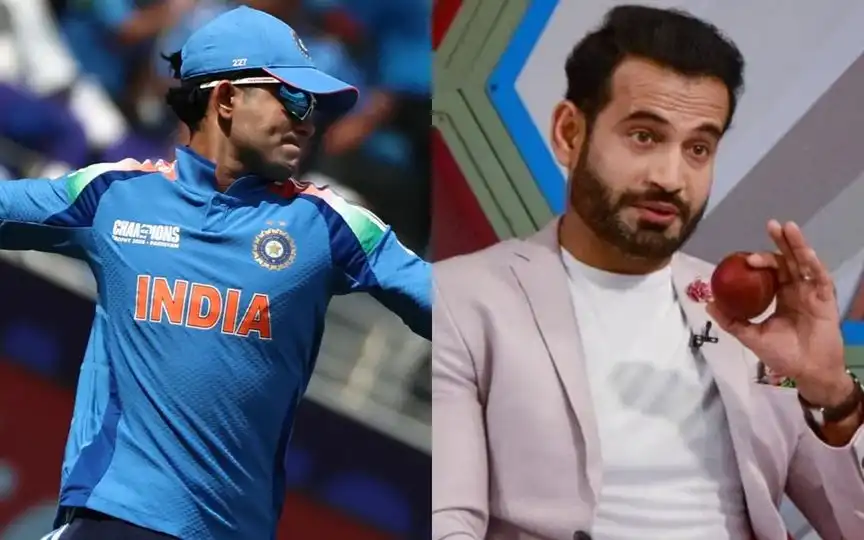
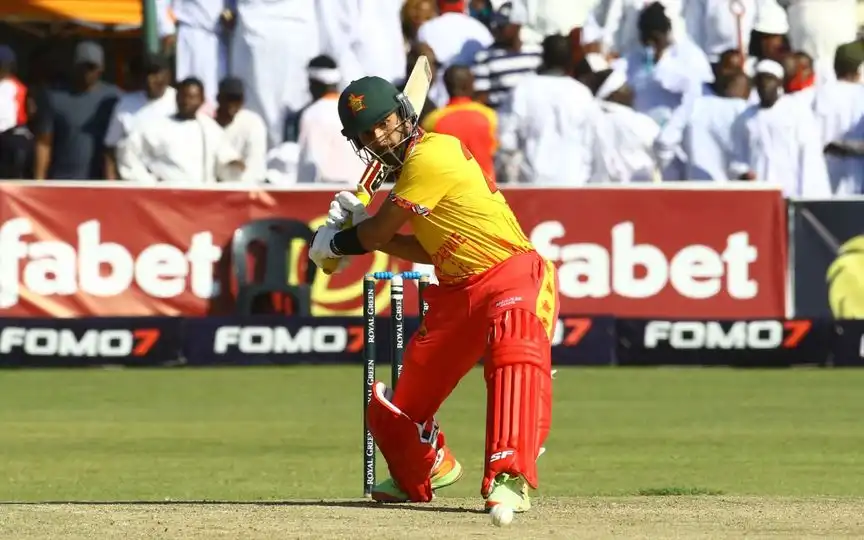
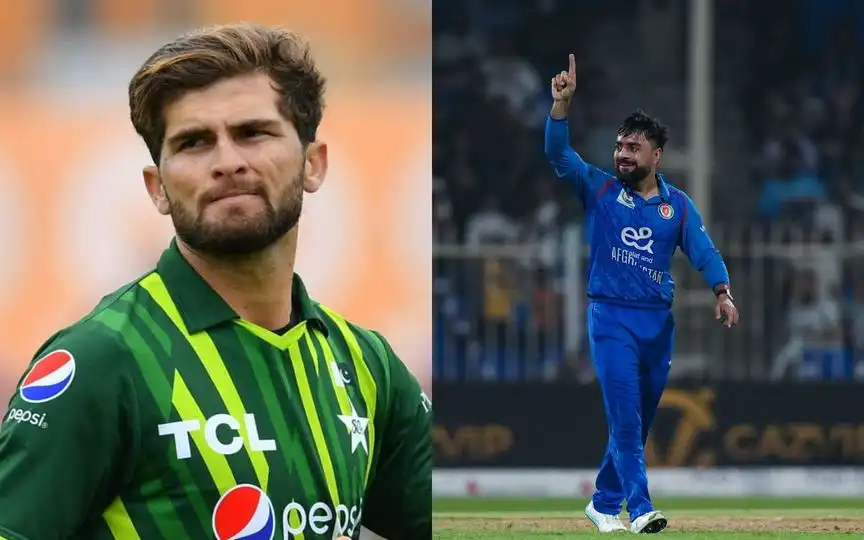
.jpg?type=mq)
